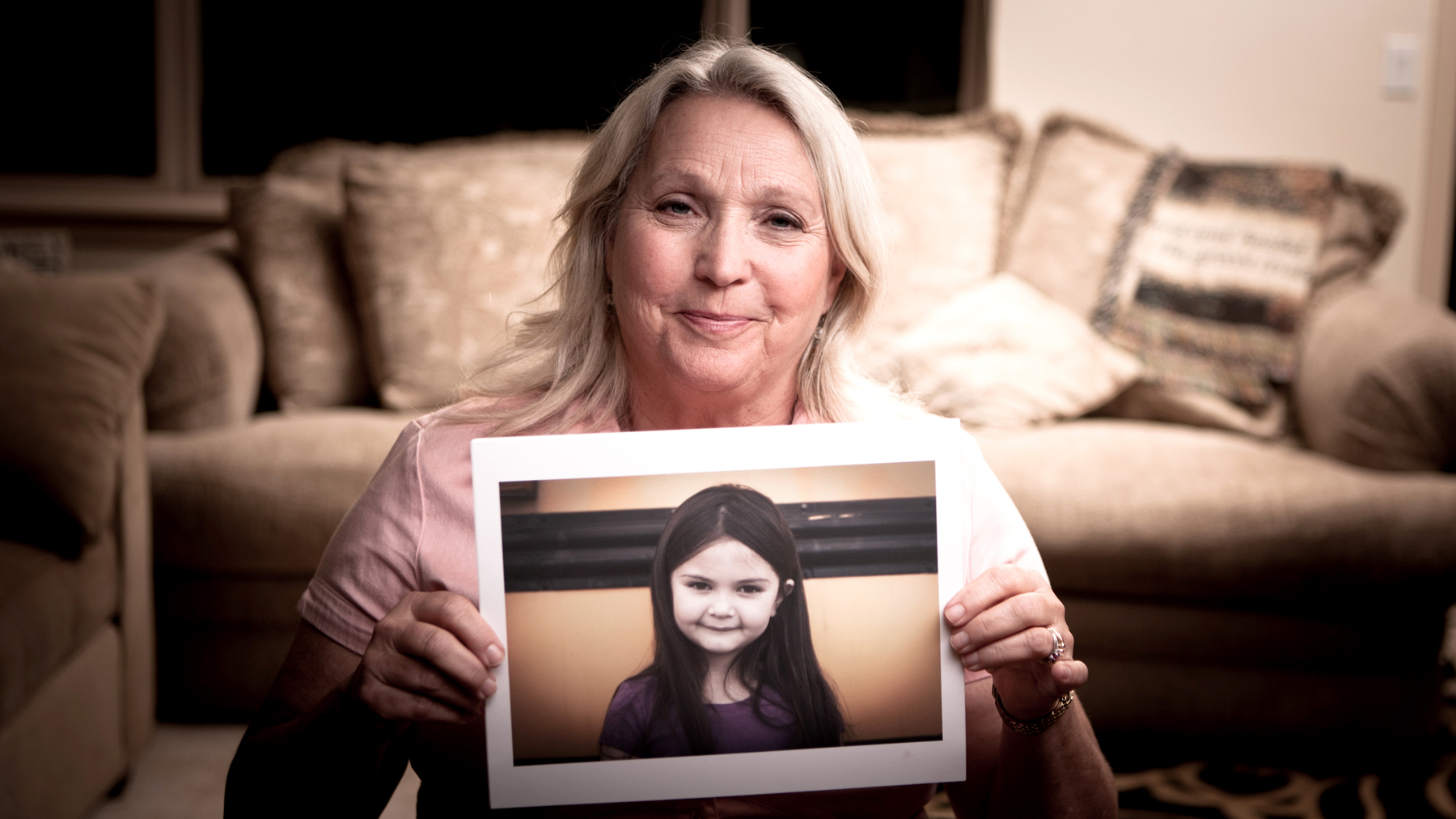May is National Foster Care Awareness Month, a time to recognize the role each of us can play in the lives of children and youth living in foster care. You may be surprised to learn that each year, a startling number of children enter the foster care system in East Baton Rouge Parish due to abuse and neglect. For 26 years, Baton Rouge children have been appointed Court Appointed Special Advocates, or CASA volunteers, who provide a voice for these children to help them reach safe permanent homes. CASA volunteers are highly trained volunteers from the local community who speak up for the best interests children in foster care. Our volunteers are carefully screened and assigned to a professional Advocate Supervisor who provides supervision and guidance. Each of our professional staff members who supervise volunteers has at least 10 years of experience in working with children in foster care. We have asked our staff to share a few tips for people interested in becoming a foster parent or a CASA volunteer. Their responses are below.
Be prepared in order to avoid frustration for the child and yourself.
“It has been my experience that often foster parents have unrealistic expectations from the children they are receiving into their home,” said Susan Murrell, CASA advocate supervisor for 15 years. “I think it is essential that they are prepared and understand that the children they are receiving in their home are coming in with multiple issues. The children aren’t going to react like a child that grew up in a stable home. These children are going to have different behaviors and will need to be treated differently when confronting the behavior. I encourage foster parents to engage in the Trust-Based Relational Intervention (TBRi) training. It will help them appropriately relate to the child.”
CASA volunteers go through a 32-hour training course that prepares volunteers to be the best advocates before being assigned their first case.
Always keep in mind the goal.
Foster parents must always remember that the goal is reunification. It is okay to get attached but remember the goal is reunification with the family. “Children who enter your home are entering because they are abused and neglected, and they still love their parents,” said Sharon Norwood, CASA advocate supervisor for ten years.
As foster parents, you may have certain expectations, but understand there are going to be more bad days than good, said Norwood. “But know that with hard work and dedication, and patience, there will be awesome moments and good rewards.”

Be Objective
“Being a foster parent taught me that I have to be open. There is always more to the story. What I may see as something bad, in their world they may see it as a good thing. Be objective,” said Norwood.
Consider caring for a teenager or working with one as a CASA volunteer.
Teenagers in the foster care system need love too. “If you are considering being a foster parent, please consider taking a teenager. Our teens need positive role models in their lives who care,” said Sheila Gross, CASA advocate supervisor for 12 years.
Norwood, who is also a foster parent to two teenagers, said, “The older the child, the more experiences they have. They have been exposed to more, but they deserve to have someone willing to take a chance. And most of the time it is just about being heard.
“With teenagers, don’t be afraid to get attached because that is what they are looking for, but allow them space. It is okay if they want to separate themselves and go up to their rooms. Allow them that. It isn’t always a bad thing. Sometimes they need to process things,” said Norwood.
Keep the normalcy as much as you can.
“It is so important that when children enter the foster care system to try and make it as normal as possible. For example, if at home, they were involved in extra curriculum activities at school such as sports, keep them involved or get them involved. Allow them to explore. Especially with teenagers, allow them the opportunity to work, have friends, and go out,” said Norwood.

Foster parents have help, such as CASA volunteers.
“Most foster parents don’t realize that CASA volunteers can assist them with IEPs (Individualized education plan). As CASAs, we can help advocate for the children’s educational needs; we can go to the schools and talk to the teachers. We can be a resource to them in that aspect as long as they are open with us and let us know what is going on,” said Ricketta Monroe, CASA advocate supervisor for 17 years. CASA volunteers are right there, working alongside the foster parents to make sure the child’s best interests are being met.
CASA is currently looking for community volunteers to step up and make a difference in a child’s life. Being a foster parent may not be for everyone, but by being a CASA volunteer, you are still able to help children in foster care as well as help the foster parents during this journey.
To learn more about CASA and how you can help the youth living in foster care right here in Baton Rouge, attend a 45-minute orientation. Visit www.casabr.org/volunteer for upcoming dates.
“Ask the Experts” is a series on Baton Rouge Moms where local experts share their thoughts, opinions and answer questions relating to health, wellness, parenting and living in Baton Rouge.



